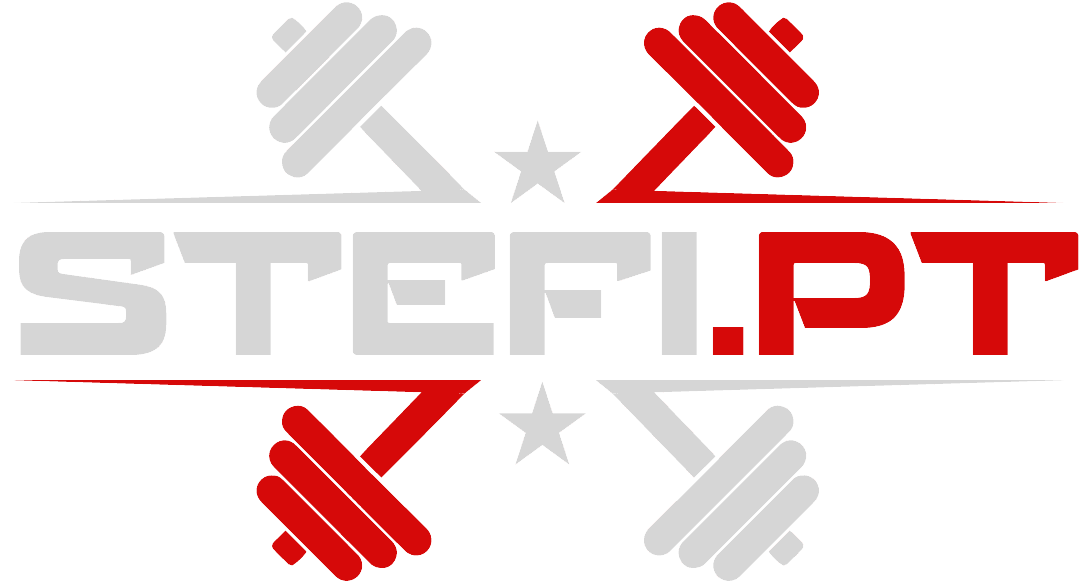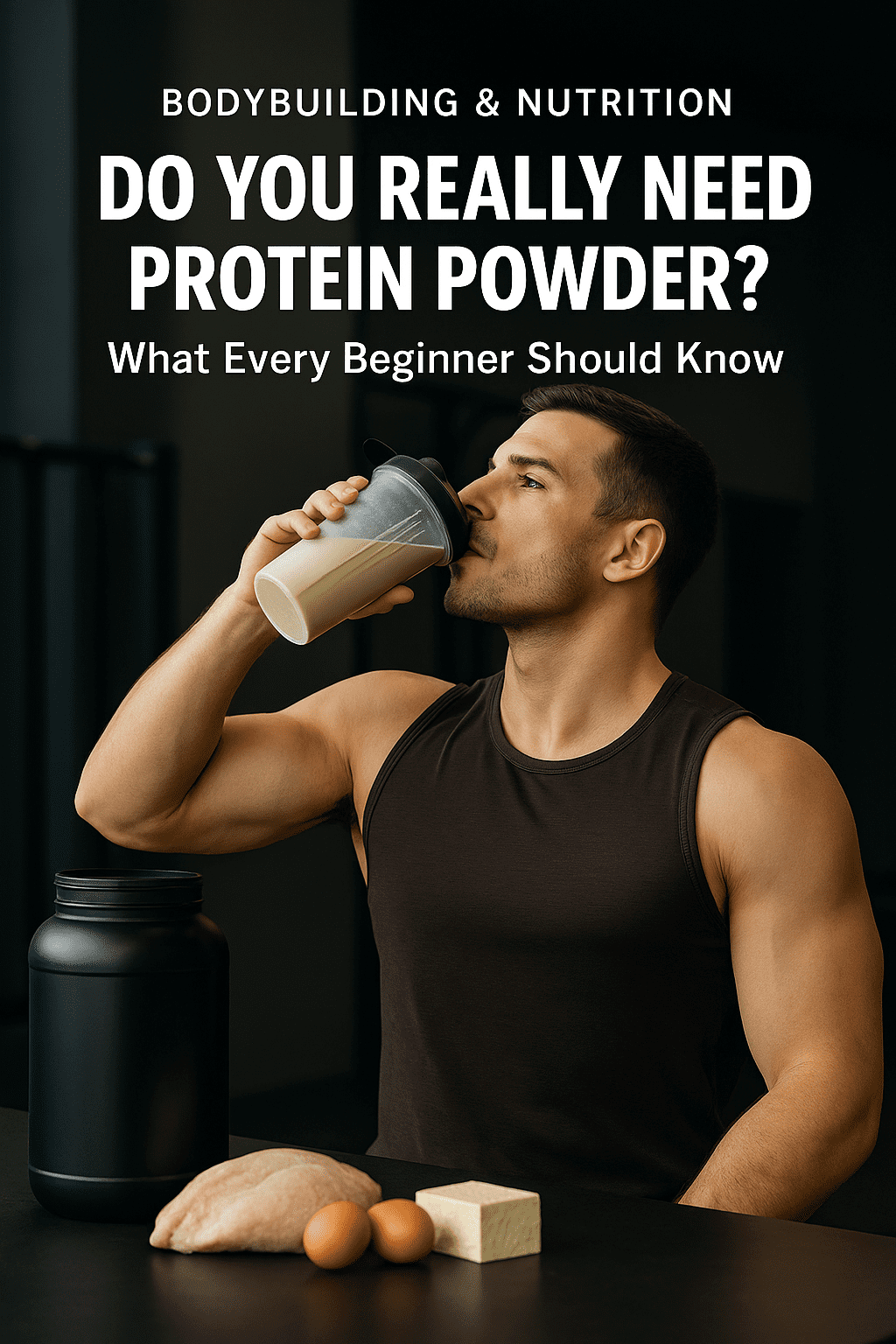If you’re into bodybuilding or just starting your fitness journey, you’ve probably heard a lot about protein powder. It’s one of the most popular supplements on the market—and for good reason. Protein plays a critical role in muscle growth, repair, and overall recovery. But the big question is: Is protein powder necessary for bodybuilding?

Let’s break it down.
Is Protein Powder Necessary for Bodybuilding?
The short answer? No. You can absolutely build muscle and strength without ever touching a scoop of protein powder.
That said, protein powder is a convenient and effective way to increase your daily protein intake—especially if you’re struggling to get enough through whole foods alone. For many busy bodybuilders, whipping up a quick shake after a workout is easier than preparing a full meal.
Why Some Bodybuilders Use It:
- Convenience: Fast and portable nutrition
- Post-workout recovery: Supports muscle repair when your body needs it most
- Meeting protein goals: Helps hit daily protein targets without overloading on calories
Tip: Aim for around 1.6–2.2 grams of protein per kilogram of body weight daily if you’re serious about building muscle.
When Should You Start Using Protein Powder?
There’s no hard rule here. If you’re new to weight training, your first focus should be on building a consistent workout routine and eating a well-balanced, whole-food diet.
Once you’ve established a solid foundation, you can consider adding protein powder if:
- You’re not hitting your protein goals
- You need something quick after workouts
- You have a busy lifestyle and need fast meal alternatives
Remember: Protein powder is a supplement—not a replacement for proper nutrition or hard work in the gym.
Types of Protein Powder: Which One is Right for You?

With so many options available, choosing the best protein powder can feel overwhelming. Here’s a quick guide to help you decide:
1. Whey Protein
- Derived from milk
- Fast-digesting and ideal post-workout
- Contains all nine essential amino acids (complete protein)
2. Casein Protein
- Also milk-based, but slower digesting
- Great for nighttime use to support overnight recovery
3. Soy Protein
- Plant-based and a complete protein
- Suitable for vegetarians and vegans
- Contains antioxidants and heart-healthy nutrients
4. Pea Protein
- Made from yellow peas
- Allergen-friendly (no dairy or soy)
- Rich in BCAAs, key for muscle repair and growth
Pro Tip: Look for products with minimal additives and high-quality sourcing for the best results.
Final Thoughts
So, is protein powder worth it? If you’re consistent with your training and struggling to hit your protein goals through food alone, then yes—it can be a helpful addition to your routine.
But don’t fall into the trap of thinking it’s a magic solution. The real gains come from a solid diet, consistent workouts, and getting enough rest. Supplements like protein powder are just that—supplementary.
Always talk to a healthcare professional or registered dietitian before starting any new supplement to make sure it’s the right fit for your body and goals.
Ready to level up your gains?
Start with a strong meal plan, track your progress, and consider supplements only when they add value.

